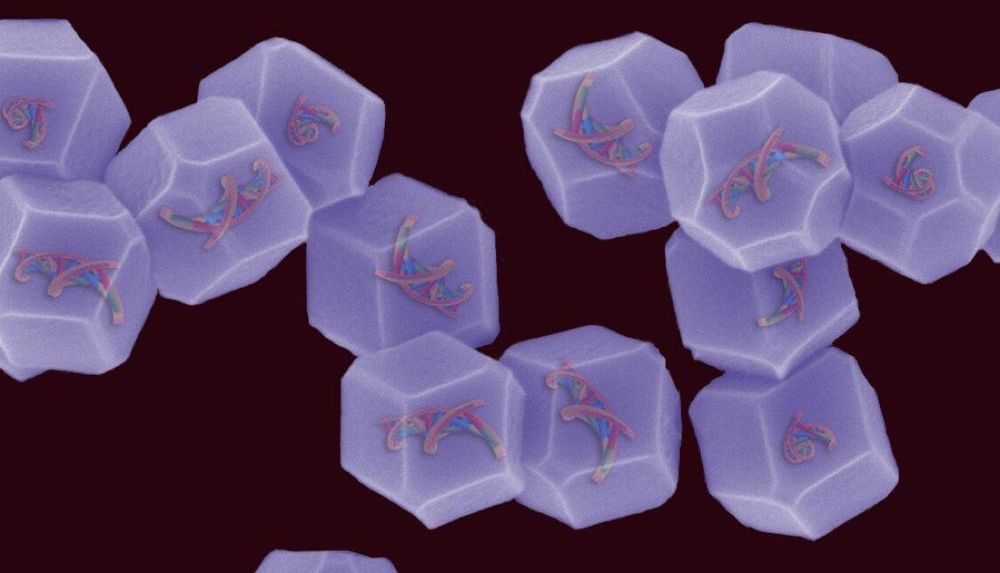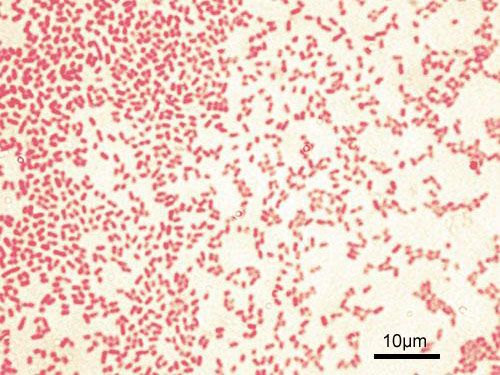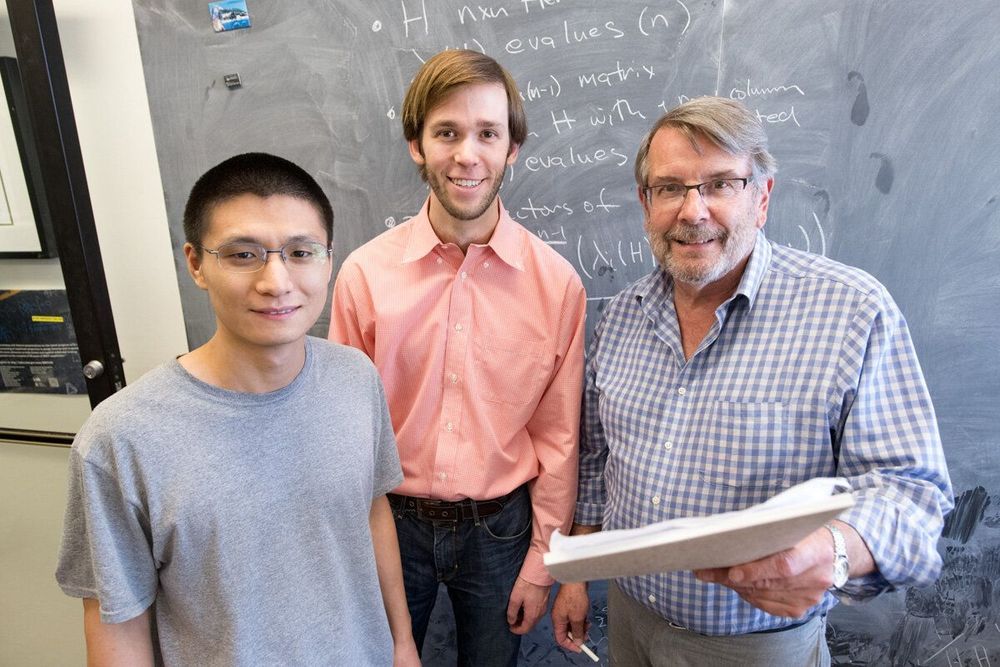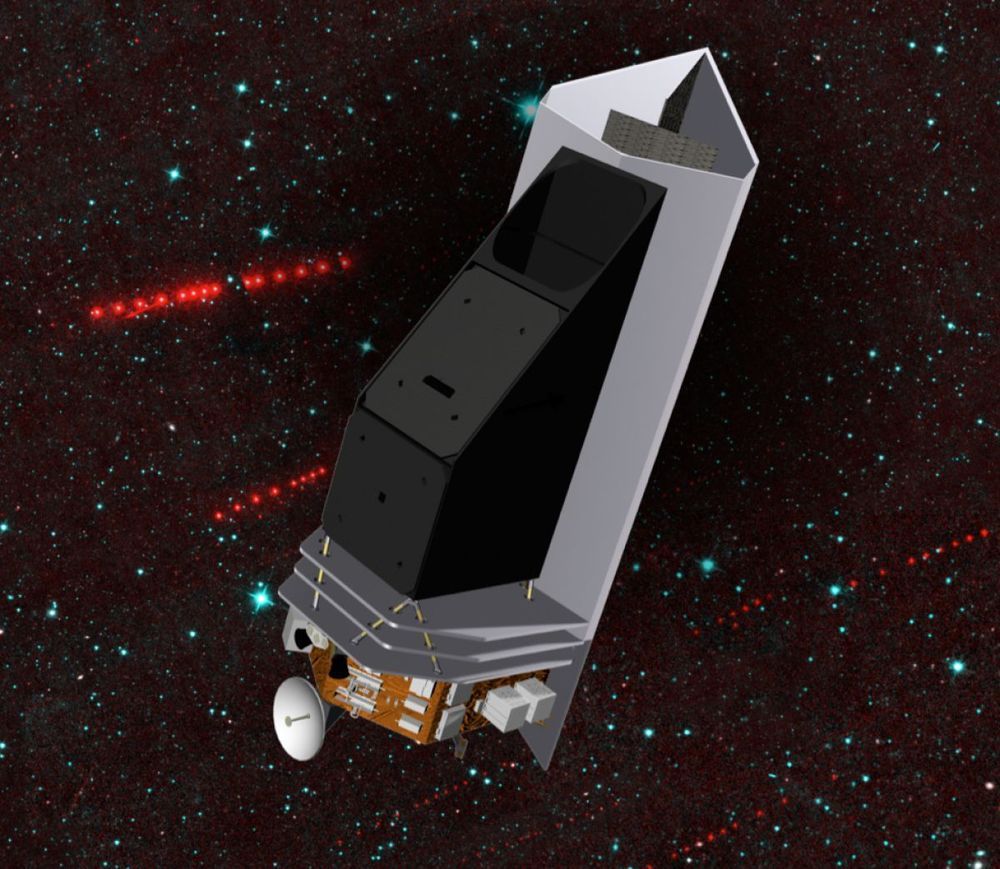New research describes the case study of two people with psychotic conditions who benefited from an innovative treatment for psychosis.



A nanoelectrode array that can simultaneously obtain intracellular recordings from thousands of connected mammalian neurons in vitro.
How our brain cells, or neurons, use electrical signals to communicate and coordinate for higher brain function is one of the biggest questions in all of science.
For decades, researchers have used electrodes to listen in on and record these signals. The patch clamp electrode, an electrode in a thin glass tube, revolutionized neurobiology in the 1970’s with its ability to penetrate a neuron and to record quiet but telltale synaptic signals from inside the cell. But this tool lacks the ability to record a neuronal network; it can measure only about 10 cells in parallel.
Now, researchers from Harvard University have developed an electronic chip that can perform high-sensitivity intracellular recording from thousands of connected neurons simultaneously. This breakthrough allowed them to map synaptic connectivity at an unprecedented level, identifying hundreds of synaptic connections.

With metal organic frameworks.
The nonviral, bioinspired gene delivery method developed by researchers at RMIT University has proven effective in laboratory tests and is safer than standard viral approaches.
Widely considered the next frontier of cancer research, gene therapy involves introducing new genes into a patient’s cells to replace missing or malfunctioning ones that cause disease.
As cells are not designed to naturally take up genes or any foreign DNA material, the biggest challenge for gene therapy is getting the therapeutic genes into the cells.

Scientists at the University of Surrey have discovered that a natural antioxidant commonly found in green tea can help eliminate antibiotic resistant bacteria.
The study, published in the Journal of Medical Microbiology, found that epigallocatechin (EGCG) can restore the activity of aztreonam, an antibiotic commonly used to treat infections caused by the bacterial pathogen Pseudomonas aeruginosa.
P. aeruginosa is associated with serious respiratory tract and bloodstream infections and in recent years has become resistant to many major classes of antibiotics. Currently a combination of antibiotics is used to fight P. aeruginosa. However, these infections are becoming increasingly difficult to treat, as resistance to last line antibiotics is being observed.
“Her” is one of the top 20 artificial intelligence films — in pictures for The…

Linear algebra is a field of mathematics that has been thoroughly investigated for many centuries, providing invaluable tools used not only in mathematics, but also across physics and engineering as well as many other fields. For years physicists have used important theorems in linear algebra to quickly calculate solutions to the most complicated problems.
This August, three theoretical physicists—Peter Denton, a scientist at Brookhaven National Laboratory and a scholar at Fermilab’s Neutrino Physics Center; Stephen Parke, theoretical physicist at Fermilab; and Xining Zhang, a University of Chicago graduate student working under Parke—turned the tables and, in the context of particle physics, discovered a fundamental identity in linear algebra.
The identity relates eigenvectors and eigenvalues in a direct way that hadn’t been previously recognized. Eigenvectors and eigenvalues are two important ways of reducing the properties of a matrix to their most basic components and have applications in many math, physics and real-world contexts, such as in analyzing vibrating systems and facial recognition programs. The eigenvectors identify the directions in which a transformation occurs, and the eigenvalues specify the amount of stretching or compressing that occurs.


An international team of scientists has figured out how to capture heat and turn it into electricity.
The discovery, published last week in the journal Science Advances, could create more efficient energy generation from heat in things like car exhaust, interplanetary space probes and industrial processes.
“Because of this discovery, we should be able to make more electrical energy out of heat than we do today,” said study co-author Joseph Heremans, professor of mechanical and aerospace engineering and Ohio Eminent Scholar in Nanotechnology at The Ohio State University. “It’s something that, until now, nobody thought was possible.”

Are there new, unknown particles that can explain dark matter and other mysteries of the universe? To try to answer this question, particle physicists typically sift through the myriad of particles that are produced in particle collisions. But they also have an indirect but powerful way of looking for new particles, which is to measure processes that are both rare and precisely predicted by the Standard Model of particle physics. A slight discrepancy between the Standard Model prediction and a high-precision measurement would be a sign of new particles or phenomena never before observed.
One such process is the transformation, or “decay”, of a positively charged variant of a particle known as kaon into a positively charged pion and a neutrino–antineutrino pair. In a seminar that took place today at CERN, the NA62 collaboration reported two potential instances of this ultra-rare kaon decay. The result, first presented at the International Conference on Kaon Physics, shows the experiment’s potential to make a precise test of the Standard Model.
The Standard Model predicts that the odds of a positively charged kaon decaying into a positively charged pion and a neutrino–antineutrino pair (K+ → π+ ν ν) are only about one in ten billion, with an uncertainty of less than ten percent. Finding a deviation, even if small, from this prediction would indicate new physics beyond the Standard Model.
Boston Dynamics is announcing this morning that Spot, its versatile quadruped robot, is now for sale. The machine’s animal-like behavior regularly electrifies crowds at tech conferences, and like other Boston Dynamics’ robots, Spot is a YouTube sensation whose videos amass millions of views.
Now anyone interested in buying a Spot—or a pack of them—can go to the company’s website and submit an order form. But don’t pull out your credit card just yet. Spot may cost as much as a luxury car, and it is not really available to consumers. The initial sale, described as an “early adopter program,” is targeting businesses. Boston Dynamics wants to find customers in select industries and help them deploy Spots in real-world scenarios.